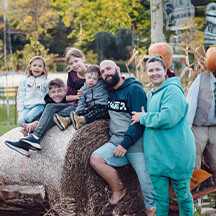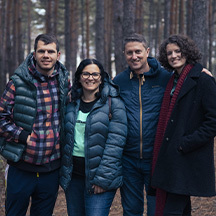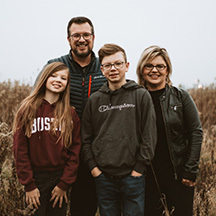
Eifling
Daniel & Iwona
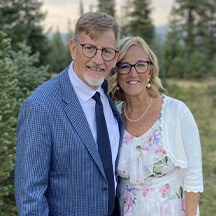
Hash
Dan & Laura
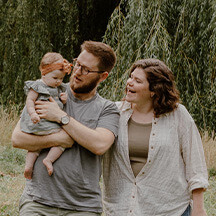
Hash
Jacob & Becca

Jankowska
Agata & Jan

Kominek
Sara & Dawid
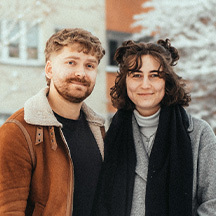
Krok
Salomon & Iza
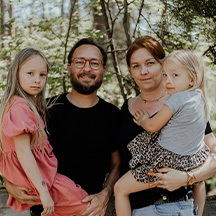
Kropisz
Lukasz & Jola
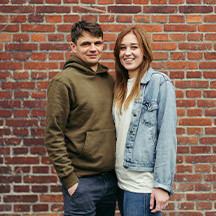
Kusmider
Weronika

Löffler
Adam & Aleksandra
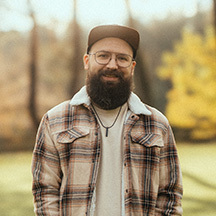
Michalski
Sebastian
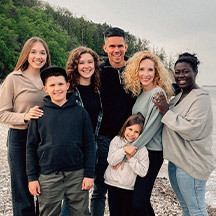
Miller
Korban & Tanya
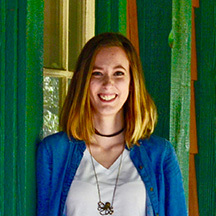
Mouchet
Ellie
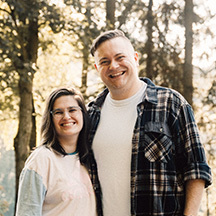
Phillips
Elliott & Gabi

Ryńska
Alicja
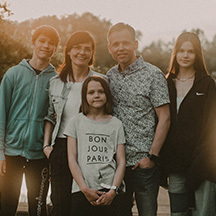
Skiba
Michal & Sylwia
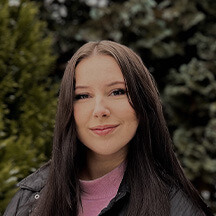
Smolarczyk
Zuzanna
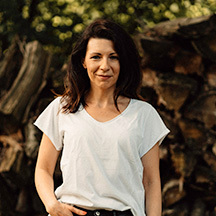
Starkowska
Natalia

Szymik
Zuza
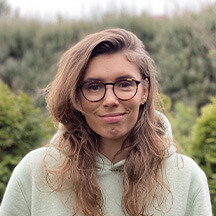
Taracinska
Karina
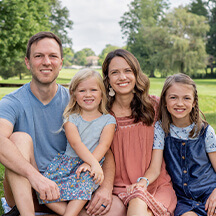
Tedder
Caleb & Cassandra
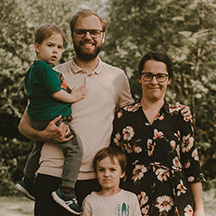
Tesluk
Bartek & Kasia

Tokarska
Zuzanna
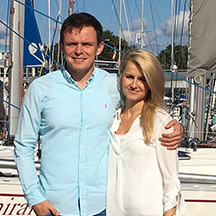
Werner
Dawid & Aleksandra
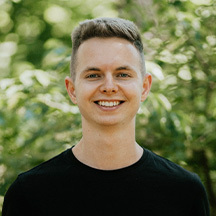
Wilkosz
Bartek
Brief History
Poland, a former Eastern Bloc country, has had a tragic history. It has known wars, holocausts, and even 120 years where the people had no land to call their own. During this time, the Catholic Church provided unity and identity for the people. At one time, 97% of Poles claimed membership in the Catholic Church and a powerful allegiance to their own Polish pope, Pope John Paul II. Since the fall of Communism in 1989, Poland’s economy has advanced rapidly, welcoming in Western business cooperatives. This has led to a new level of commercialization, as well as a new set of values.
Spiritual Demographics
The population of Poland is approximately 38 million. This number, however, is constantly fluctuating. Poland joined the European Union in 2004, and since then, 2-3 million Poles frequently travel abroad to work. Attendance in the Catholic Church since 1989 has been decreasing, by as much as 25%. Poland’s evangelical population has grown slightly, but is still very small; all of Poland‘s 40,000 professing evangelical believers (approximately 1 out of 1,000) would fit into a large sports stadium. Denominations like the Brethren Assemblies, the Baptist Union, the Pentecostal Church, and the Evangelical Free Church are viewed by most Poles as cults.
Ministry Outlook
Today‘s young Poles live in a world their parents never imagined. At any high school or university, it is clear that the God and traditions of their parents have little relevance to the daily realities faced by Polish youth. In order to reach these unsaved young people with a relevant gospel and grow them in their faith, we run evangelistic English, music and sports camps, sports leagues, weekend retreats, and EXIT Tour prevention programs in schools. We also train and mentor the main leaders of youth groups and their staff at events such as youth leader conferences and ministry team trainings. To better facilitate these activities, we purchased and run a 17.5-acre facility in southern Poland called h2o, which serves as a training, camp, and conference center.







